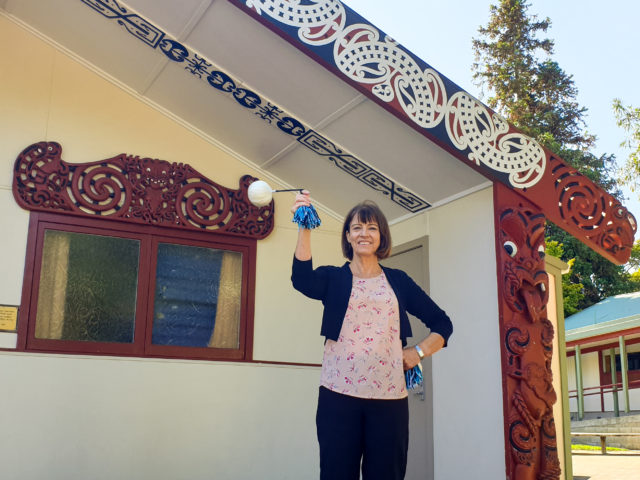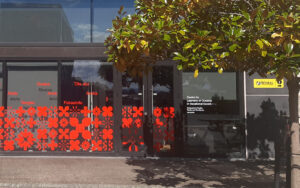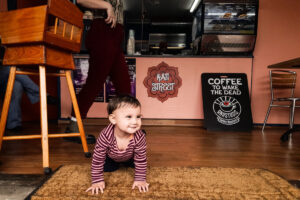Pushing past the fear to learn kapa haka
Pakeha Carol Robinson found a new world view when she signed up for a kapa haka class

A senior research management advisor at Waikato University, Carol Robinson recently pushed through her comfort to learn more about the Māori world.
From the outside, Carol would not be anyone’s first choice for kapa haka. That is because Carol is a white, 50+ woman with no Māori whakapapa.
“The history that I had learnt at school wasn’t actually correct.”
Carol’s journey began when she signed up for a Māori language course available at Waikato University.
It was, she says, the start of a re-learning process.
“The history that I had learnt at school wasn’t actually correct.”
Consequently, this journey was not only for her but for her grandson, who is of Māori descent.
“When my daughter had a baby and he had Māori heritage, it all just came together.”
Her most challenging part of her journey thus far has been kapa haka.
“My grandchildren were doing it [kapa haka], and I wanted to really understand what that was and what it meant.”
“I was one of the oldest and one of the few white people in the class.”
Carol said that, while she was nervous about what others would think of her, she felt her reasons were justification enough.
“…the goal and why I was doing it was more important… it was challenging, but achievable.”
Carol admits she was “terrified the whole way through” and
did meet with a bit of resistance but she was able to “work in groups”.
She became a part of a group called the “Single Poi Ladies.” This made her time more enjoyable.
Spending time with her husband and family became a major
sacrifice because of the amount of work she had to put into learning not only a
new skill but also understanding a new culture.
Using her journey and grandchildren as a drive to stay motivated, Carol achieved some of the highest marks in the course and was “staggered” by her accomplishment.
She has gained much by this experience and feels she is an “advocate for education and opportunity” and would encourage others to give it a go.
She also found that she has “gained more respect from my Māori colleagues” and doors have been opened that would have never been before.




